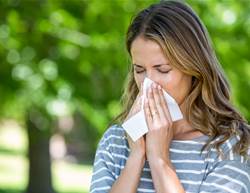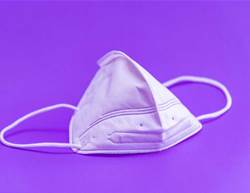Surprisingly, there's really no proof that cough syrup helps whatsoever. Analyses of cough medicine studies have found either conflicting evidence or no evidence that the meds are any better than a placebo. (Want to pick up some healthier habits? Sign up to get healthy living tips and more delivered straight to your inbox!)
And that goes for all types of cough syrups, since there are several. The antitussives claim to block the cough reflex. Expectorants are thought to loosen and thin mucus, making it easier to cough out. Decongestants…decongest. And antihistamines decrease the amount of mucus that's secreted, thereby reducing the need to cough—in addition to probably making you drowsy.
It's the inactive ingredients in cough syrup that are more likely to actually help reduce your cough, namely the sweetening and thickening agents that make that syrup a syrup in the first place. "Syrup coats your throat and soothes it," says physician Dr Mark Rosen. That coating can relieve some irritation and coughing in the process.
Annoying as coughing can be, it’s actually a defense mechanism. "Coughing keeps material out of our lungs that doesn't belong there," Rosen explains. Whether that material is dust you inhaled while cleaning out the attic or fumes you breathe in as you sit in traffic or mucus secreted when you have a cold or the flu, your body responds the same way. "We cough to defend our lungs," Rosen says. When coughing jumps into overdrive, though, it can become disruptive enough to interfere with your daily life.
Before you spend another $10 on a bottle of cough syrup though, consider that maybe grandma was right. "Some tea with honey has the same soothing effect," Rosen says. "And it's cheaper." (Same goes for cough drops, which stimulate saliva production, which in turn soothes an irritated throat. Hard lollies will do the trick for less of a hit on the wallet, he says.)
But if it makes you feel better it's probably okay to keep taking it. Just make sure you're following the dosing instructions on the label and not taking it with other meds it shouldn't be mixed with (like other antihistamines, fever reducers, or painkillers).
Luckily, most coughs due to colds or flu go away within a week or two without any treatment at all. If your cough lingers for longer than that, talk to your doctor.



.jpg&h=90&w=90&c=1&s=1)






